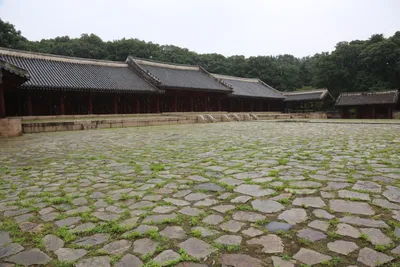
This ruling reveals the reality of the battery industry, often referred to as green jobs. The culture of delivery deadlines prioritized over speed of transition, the outsourcing structure, the fragile safety net centered on temporary and migrant workers, and the gaps in hazardous material management and evacuation routes were all exposed simultaneously in one factory.
During the investigation phase, signs of quality anomalies and inadequate training were already confirmed, and it was also revealed that an explosion and combustion rapidly spread in an environment where a large number of primary batteries were densely stored on the day of the fire. Outside the courtroom, the bitter remarks of bereaved families that "it is less than a year per person" and the industry's counterargument that "punishment alone cannot prevent recurrence" intersected.
This ruling should not become a brake on industrial transition. Rather, it should serve as an opportunity to redesign safety investments and labor rights guarantees as essential infrastructure for transition. Companies must build trust through direct management of hazardous processes, practice-oriented multilingual training, regular inspections of automatic fire detection and suppression systems, and transparent disclosure of subcontracting ratios and training hours.
Regulatory agencies need to strengthen regular inspections and data disclosure, and it is necessary to formalize training standards that reflect the language rights of migrant workers. Clients upstream in the supply chain and overseas customers should also demand safety KPIs in addition to delivery deadlines and unit prices. A just transition is not a declaration but an operational issue, and this incident revealed how loose that operation was.
The Korean battery ecosystem is accelerating in the global market. However, whether the next achievements will collapse not as a statistical coincidence but as a structural inevitability depends on the thickness of the foundation of safety. This first trial has sent a serious message, and while an appeal is pending, if changes in policy and the field do not follow, the weight of the ruling will not last long.
The minimum condition for energy transition is not speed but the dignity of people, and only companies equipped with systems that protect that dignity will have sustainable competitiveness.
Finally, this ruling asks what kind of transition Korean society will choose. The goal of reducing carbon is clear, but if that path undermines human dignity, sustainability becomes hollow. Speed is not the goal but a means, and that means only gains legitimacy within the bounds of not harming people.
As a result of this incident, when the perception that safety is a capability rather than a cost spreads, and the voices from the field become the criteria for planning, investment, and evaluation, energy transition will finally become the future for all.

![[Scenario] 2026 Global Wildfire Calendar: The Unending Cycle of Flames](https://cdn.breathjournal.com/w400/q80/article-images/2025-10-01/83cbd0d7-c7c9-4101-b4f6-e39cff028d87.png)

![[Focused Planning] 2026 Global Wildfire Calendar, Facing a Charred Future](https://cdn.breathjournal.com/w400/q80/article-images/2025-10-01/5be639f5-d684-4605-acb1-e0127c554e7c.png)

댓글 (0)
댓글 작성
댓글을 작성하려면 로그인이 필요합니다.
로그인하기